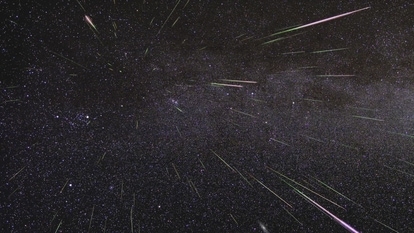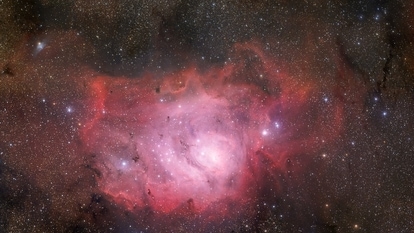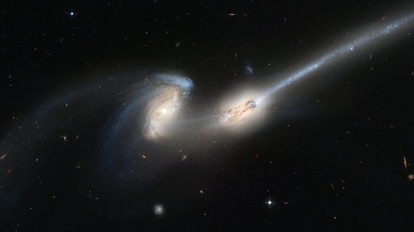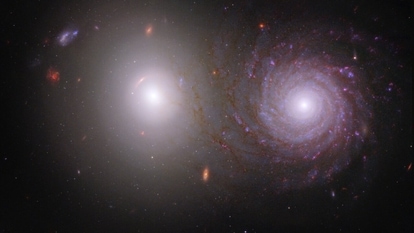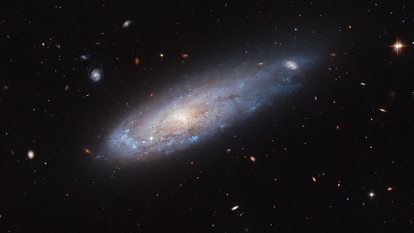8 Sunspots emerge on the Sun; Will the Earth get struck by a major solar storm? Blackouts likely
As eight new sunspots come into view of the Earth, there is a high risk of a major solar storm this week. With the wrath of the Sun continuing to grow, there is a possibility GPS systems will crash.
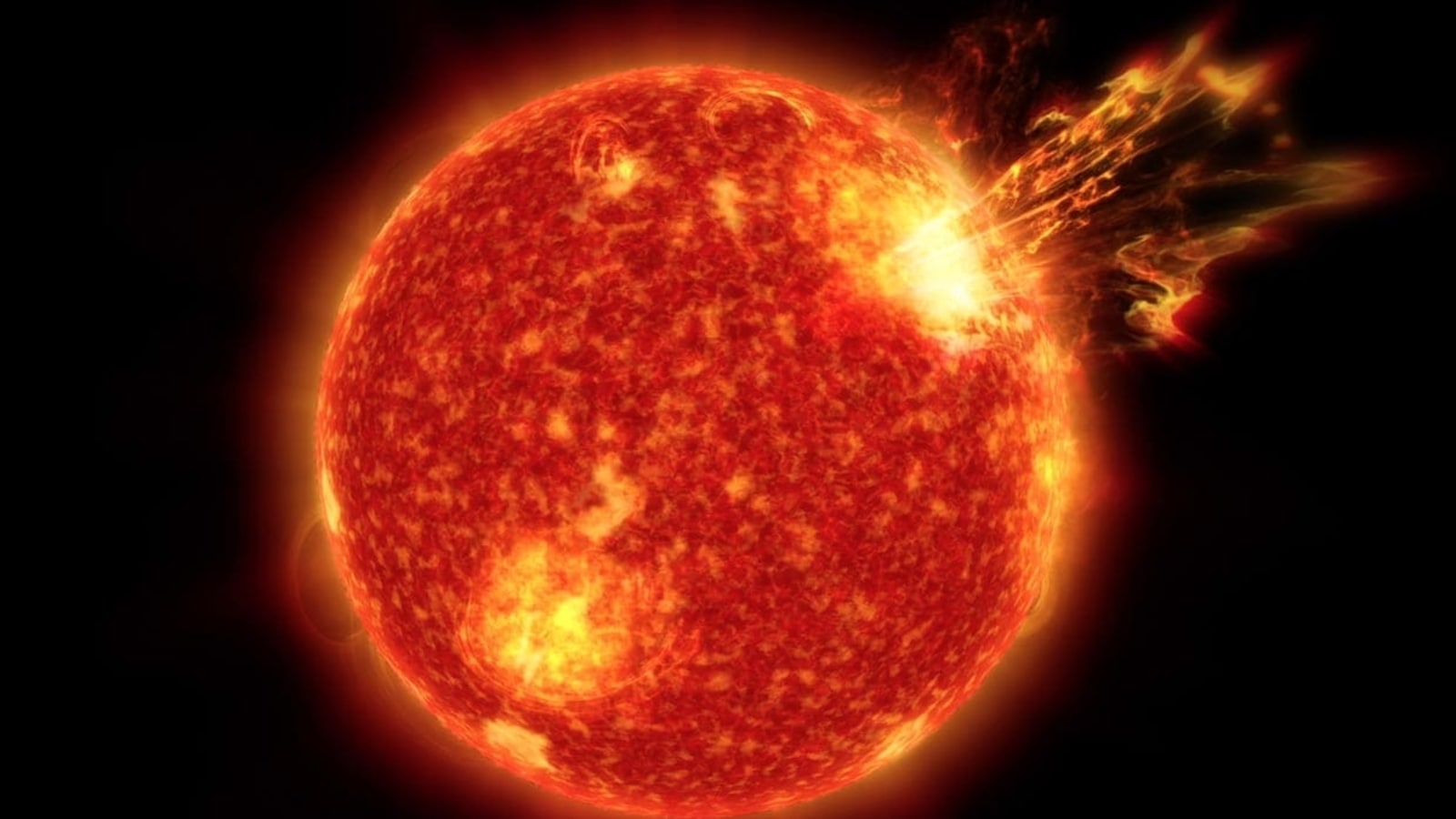
Things are heating up on the Sun! Last couple of weeks, the Sun was spotless and the solar activities were at an all time low. That changed when NASA reported a large solar flare eruption last week. The resultant solar storm only managed to side-swipe the Earth and the impact was minimal. But according to reports, eight new sunspots have emerged on the Earth-facing side of the solar disk. This means that the solar activity in Earth's view is going to increase significantly this week. There are possibilities for solar storms, X-class solar flares and radiation storms with an emphasised risk on GPS systems. Know what to expect from the Sun this week. Also read: This Dangerous asteroid will come closer to Earth than even our satellites; Will it hit? NASA explains
The report comes from Dr. Tamitha Skov, Space Weather physicist and popularly known as Space weather woman. She has also worked with NASA previously. In a recent post, she analysed the Sun and gave out the prediction for this week. She reported that solar flare risks are going to increase this week. “Our Sun continues to impress with no less than eight active regions in Earth-view. Several of these are M-flare players and NOAA/SWPC is even giving us a small chance for X-class flares,” she stated in a post. She also added that radio blackouts are possible on Earth's dayside along with disruptions for GPS near dusk and dawn.
Solar storms possible this week as eight new sunspots come into the Earth's view
The eight new sunspots that have come to the Earth's view have been named as solar region 3030, 3031, 3032, 3033, 3034, 3035, 3037 and 3038. Among them, solar regions 3030 and 3032 were involved in the major solar flare activity last week. According to the report, various M-class solar flares have been predicted to set off during this week, and there is also a small possibility for an X-class solar flare. Solar flares are associated with radio blackouts and that might continue this week as well. GPS systems are also at risk during the dawn and dusk when the radiation might be at its peak. On a positive note, amateur radio will largely be unaffected as the solar flux has reached 150.
“Aurora photographers at high latitudes should continue to get some light aurora views through the weekend, but photographers at mid-latitudes will likely need to wait for the next storm to launch,” the post stated.
Catch all the Latest Tech News, Mobile News, Laptop News, Gaming news, Wearables News , How To News, also keep up with us on Whatsapp channel,Twitter, Facebook, Google News, and Instagram. For our latest videos, subscribe to our YouTube channel.





